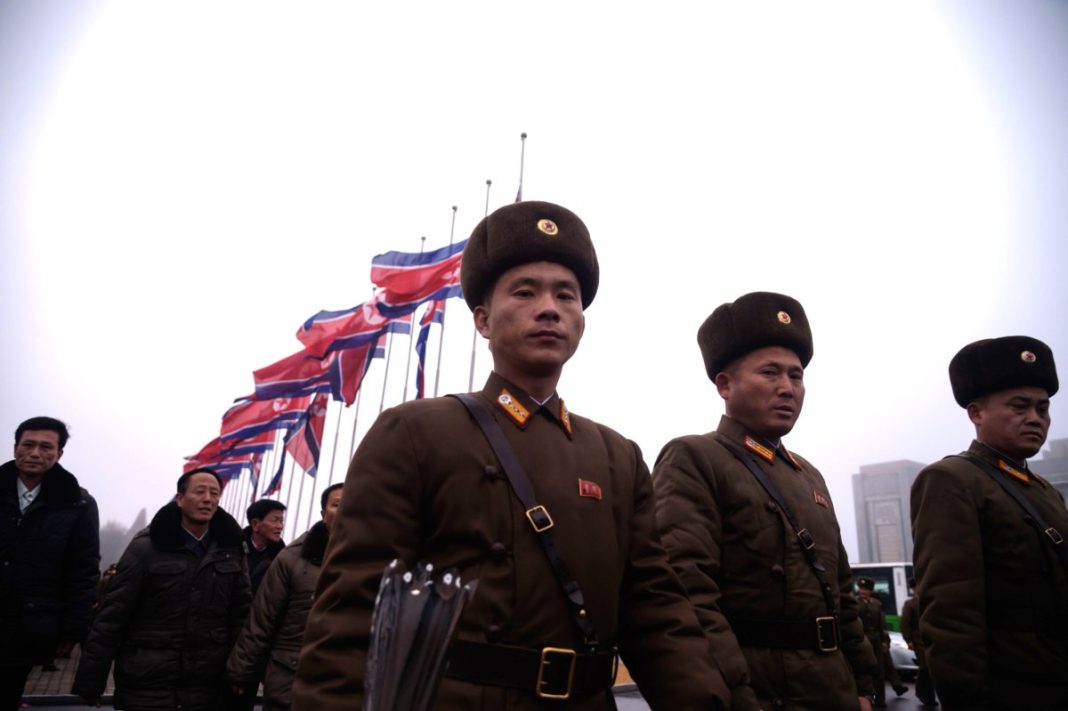Speaking at the Pentagon alongside South Korean Defense Minister Kim Yong-hyun, Austin called the deployment “dangerous and destabilizing”, and said he was increasingly concerned that Moscow plans to use the North Korean soldiers to support its fighting near the border with Ukraine.
He and Kim both called on Pyongyang to withdraw its troops, which Austin stated has the potential of lengthening or broadening the conflict.
The US this week assessed at least 10,000 North Koreans were in Russia, with some already in Kursk, while South Korea has put the number at 11,000.
Austin would not speculate on when North Korean soldiers could enter the conflict, noting it’s something that the US and its allies would continue to watch and work “to discourage Russia from employing these troops in combat”.
Kim said there’s a “high chance” North Korea is seeking nuclear weapon and intercontinental ballistic missile (ICBM) technology from Russia in exchange for its troop deployment.
“North Korea is very likely to ask for technology transfers in diverse areas including the technologies relating to tactical nuclear weapons, technologies related to their advancement of ICBM, also those regarding reconnaissance satellites and those regarding [submarine technology] as well,” Kim added.
While Kim said he didn’t necessarily believe the North Korean troop deployment would cause war to break out on the Korean Peninsula, any exchanged Kremlin weapons technology could escalate security threats between the two neighbors.
Moscow and Pyongyang’s expanding relationship has concerned the US and its allies, as the West fears it could prolong the conflict in Europe and destabilize the Indo-Pacific region.
Austin suggested that Russian President Vladimir Putin’s use of the North Koreans “underscores how much trouble he is in” after suffering massive casualties over more than two-years of fighting.
The Pentagon chief is expected to continue the conversations on Russia and North Korea on Thursday, when he and Kim are set to meet with Secretary of State Antony Blinken and South Korean Foreign Minister Cho Tae-yul at the State Department.
